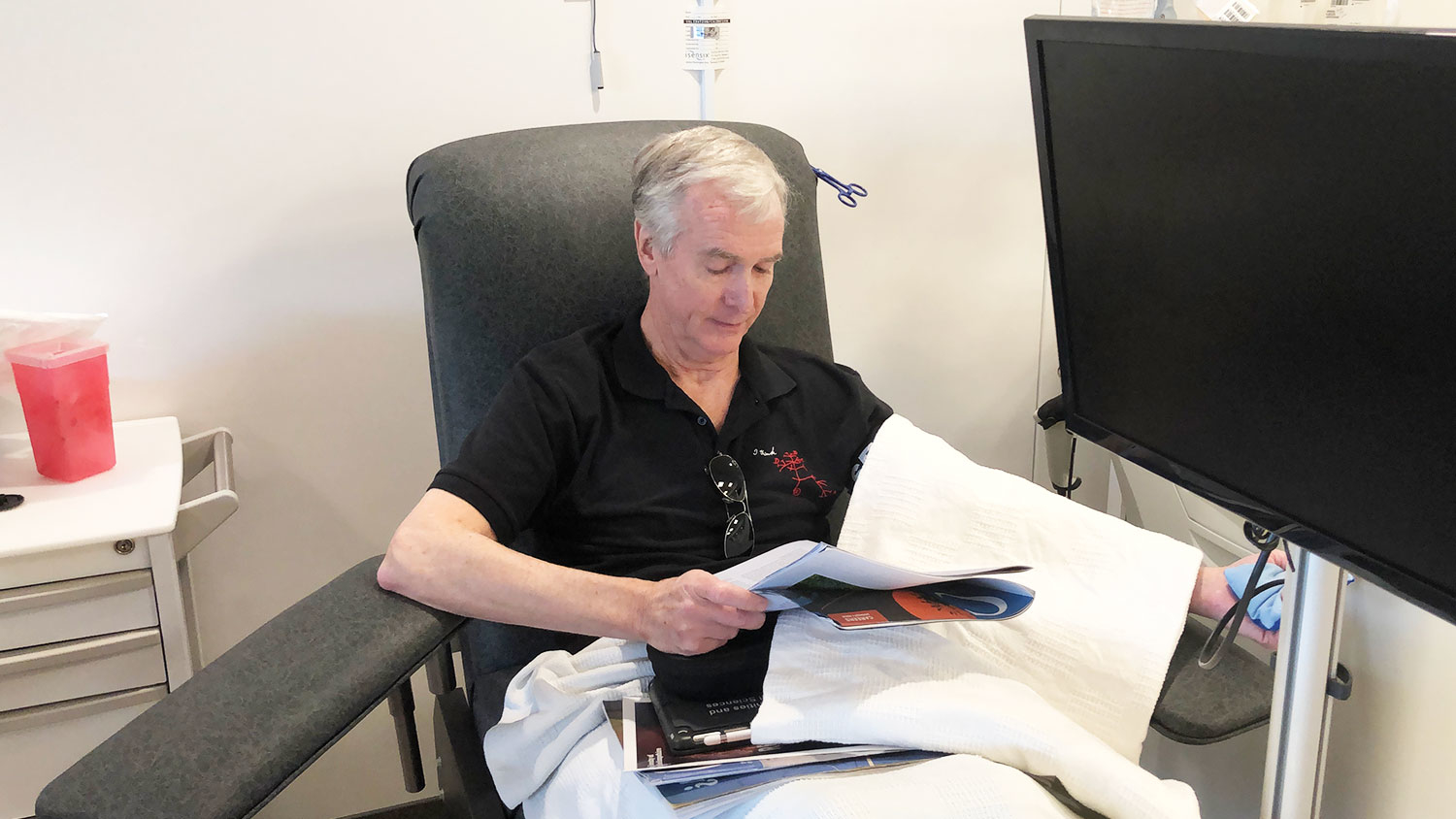Donating blood has always been an essential way to save someone’s life. Each time you donate your blood, you are providing a lifeline for someone who needs it. One of the critical components of your blood is platelets. Platelets are tiny cells present in your blood that help in clotting when you have an injury or wound. Platelets are crucial in ensuring blood clotting is manageable, making them important for bone marrow transplant patients or cancer patients undergoing chemotherapy. Therefore, donating platelets can be a lifesaving gift to someone who needs them.

How Platelets are Collected
Platelets can be donated through a process called apheresis. During the apheresis process, blood is drawn from one arm, and it passes through an automated machine that separates the platelets and returns the blood back to the donor’s body through the other arm. This process typically takes around two hours, and one donation can generate several transfusable units.
What to Expect During Platelet Donation
Donating platelets is similar to donating blood. Here’s a breakdown of what you can expect when giving platelets:
1. Before Donation
Before you donate platelets, you will have a brief physical examination to ensure you're healthy. You'll be required to fill out a form that will help the healthcare professionals determine whether you're eligible to donate. To prepare for the donation process, ensure that you get plenty of rest the night before and eat a nutritious meal.
2. The Donation Process
The procedure takes about 90 minutes, and you'll be seated during the process. During this time, you can read a book, listen to music, or relax. It's also essential to keep yourself hydrated during this period, so ensure you drink plenty of fluids.
3. After Donation
After donating platelets, you're encouraged to rest for about 15 minutes. You may experience some discomfort on the arm where the needle was inserted, but it typically goes away after a short period. After that, you're good to go, and you're free to carry on with your daily activities.
How to Stay Well Before and After Donating
Before Donating
To avoid feeling faint, lightheaded, or nauseous after donation, ensure that you eat a nutritious meal and stay hydrated.
After Donating
After donating, you may feel a bit drained or tired, so it's essential to have a meal immediately to replenish your energy levels. You should also avoid heavy lifting or carrying anything heavy for the following 24 hours. It's also crucial to stay hydrated.
Conclusion
Donating platelets is a selfless act that has the potential to save someone’s life. It can take time, but it's a minimal inconvenience when you consider the potential benefits. If you're considering donating platelets, ensure that you're healthy and meet the eligibility criteria, and don't forget to stay hydrated and nourished before and after the donation. Moreover, donating platelets when you can is an excellent way to make a positive contribution to society.
Keywords: Blood, Tube, Donate Platelets, Transfusion, Apheresis, Medical, Eligibility Criteria.